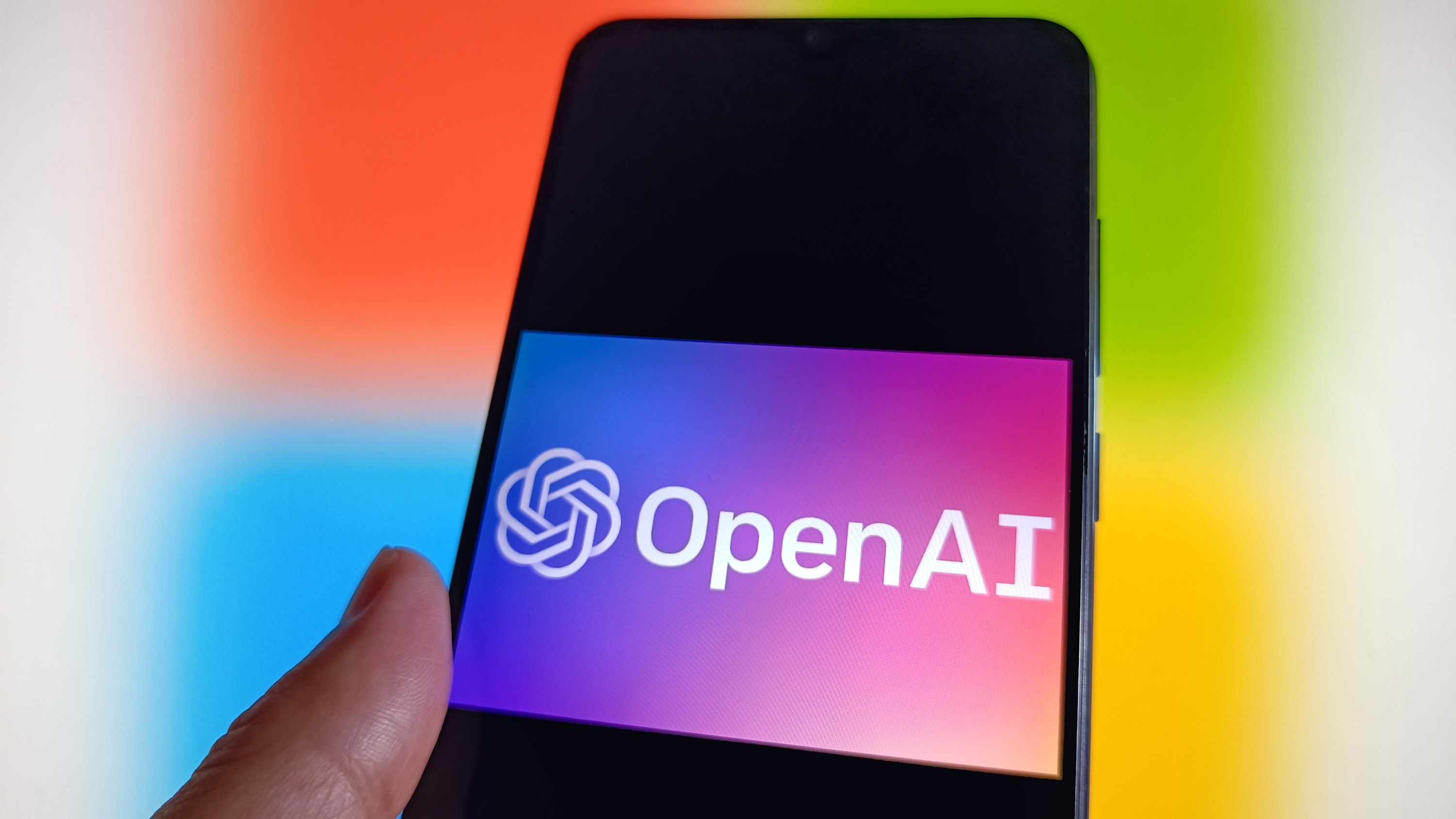OpenAI won't sever its ties with Microsoft, even after declaring AGI — unless an independent expert panel verifies the claim
A new definitive agreement between Microsoft and OpenAI will now allow the former to independently pursue AGI or in partnership with third parties.

All the latest news, reviews, and guides for Windows and Xbox diehards.
You are now subscribed
Your newsletter sign-up was successful
In September, Microsoft and OpenAI signed a non-binding memorandum of understanding (MOU) for the next phase of their multibillion-dollar partnership. However, details pertaining to the new arrangement remained slim at best, raising concern and speculation as the ChatGPT maker continues to strive to evolve into a for-profit venture by the end of the year to avoid outsider interference or hostile takeovers.
But today, the companies announced that they've signed a new definitive agreement as the multibillion-dollar partnership enters the next phase. The new agreement paints a clear picture of Microsoft's stand and view about OpenAI's transition into a for-profit entity.
"Microsoft supports the OpenAI board moving forward with formation of a public benefit corporation (PBC) and recapitalization," the report detailed. The tech giant further revealed that it holds $135 billion stake in OpenAI's PBC, which translates to 27% on an as-converted diluted basis, "inclusive of all owners – employees, investors, and the OpenAI Foundation".
Prior to OpenAI's recent round of funding, which pushed its market capitalization to $500 billion, Microsoft held a 32.5% stake on an as-converted basis in OpenAI.
While previous reports suggested that OpenAI wanted to amend some of the key elements in its partnership with Microsoft, including its exclusive IP rights and Azure API exclusivity, the new partnership agreement retains these elements till the ChatGPT maker achieves AGI (Artificial General Intelligence).
Perhaps more interestingly, the coveted benchmark will be established and verified by an independent expert panel. This follows claims that OpenAI was plotting to prematurely declare AGI by shipping an AI coding agent that supersedes the capabilities of an advanced human programmer. This would allow the AI firm to sever its ties with Microsoft.
The agreement also includes new provisions designed to allow each company to independently grow and make more advances in the AI landscape. Other key partnership elements that have been involved include:
All the latest news, reviews, and guides for Windows and Xbox diehards.
- Microsoft’s IP rights for both models and products are extended through 2032 and now include models post-AGI, with appropriate safety guardrails.
- Microsoft’s IP rights to research, defined as the confidential methods used in the development of models and systems, will remain until either the expert panel verifies AGI or through 2030, whichever is first. Research IP includes, for example, models intended for internal deployment or research only. Beyond that research IP does not include model architecture, model weights, inference code, finetuning code, and any IP related to data center hardware and software; and Microsoft retains these non-Research IP rights.
- Microsoft’s IP rights now exclude OpenAI’s consumer hardware.
- OpenAI can now jointly develop some products with third parties. API products developed with third parties will be exclusive to Azure. Non-API products may be served on any cloud provider.
- Microsoft can now independently pursue AGI alone or in partnership with third parties.
- If Microsoft uses OpenAI’s IP to develop AGI, prior to AGI being declared, the models will be subject to compute thresholds; those thresholds are significantly larger than the size of systems used to train leading models today.
- The revenue share agreement remains until the expert panel verifies AGI, though payments will be made over a longer period of time.
- OpenAI has contracted to purchase an incremental $250B of Azure services, and Microsoft will no longer have a right of first refusal to be OpenAI’s compute provider.
- OpenAI can now provide API access to US government national security customers, regardless of the cloud provider.
- OpenAI is now able to release open weight models that meet requisite capability criteria.
Over the past few months, Microsoft and OpenAI's partnership has been under close scrutiny. When the ChatGPT maker unveiled its $500 billion Stargate project designed to facilitate the construction of data centers across the United States, Salesforce CEO Marc Benioff predicted that Microsoft wouldn't use OpenAI's technology in the future.
Consequently, reports suggest that Microsoft wiggled out of two mega data center deals to avoid providing additional training support for ChatGPT. However, OpenAI CEO Sam Altman claimed that the company was no longer compute-constrained.
It'll be interesting to see how the new partnership plays out for both Microsoft and OpenAI in the grander scheme of things, especially since the former can now challenge the coveted AGI benchmark independently.

Follow Windows Central on Google News to keep our latest news, insights, and features at the top of your feeds!

Kevin Okemwa is a seasoned tech journalist based in Nairobi, Kenya with lots of experience covering the latest trends and developments in the industry at Windows Central. With a passion for innovation and a keen eye for detail, he has written for leading publications such as OnMSFT, MakeUseOf, and Windows Report, providing insightful analysis and breaking news on everything revolving around the Microsoft ecosystem. While AFK and not busy following the ever-emerging trends in tech, you can find him exploring the world or listening to music.
You must confirm your public display name before commenting
Please logout and then login again, you will then be prompted to enter your display name.
